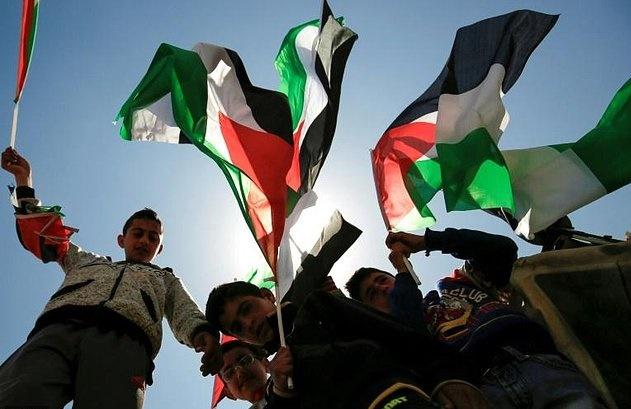Tel Aviv – The Israeli decision to construct new settlements in the Western Bank for the first time since 1992 would test the efforts of the new US administration to revive peace talks.
While several condemnations to the Israeli decision had emerged from the UN, France and Germany on Friday – US officials had underestimated its threats.
On Thursday, Israel’s security cabinet approved the building of the first new settlement in the occupied West Bank on the road between the two cities of Nablus and Ramallah, to replace the West Bank settlement called Amona, evicted by and Israeli High Court order two months ago.
Israel’s Prime Minister Benjamin Netanyahu’s office announced the approval of tenders for some 2,000 new settlement homes, in addition to some 6,000 planned homes first announced in January.
Palestinian Foreign Ministry considered the Israeli decision a “real test for the credibility and the seriousness of US President Donald Trump’s administration, in addition to its ability on making Israel stop building more settlement units and help create positive atmospheres for launching serious peace talks.”
Hanan Ashrawi, an executive committee member of the Palestine Liberation Organization said: “Today’s announcement once again proves that Israel is more committed to appeasing its illegal settler population than to abiding by the requirements for stability and a just peace.”
In Washington, the White House avoided commenting on the announced Israeli decision.
One US official refused to directly lash out at the plan.
“While the existence of settlements is not in itself an impediment to peace, further unrestrained settlement activity does not help advance peace,” a White House official told AFP Friday.
Anti-settlement NGO Peace Now said the new settlement’s location deep in the West Bank was “strategic for the fragmentation of the West Bank,” which Palestinians see as the bulk of their future state, AFP reported.
Ronen Bergman, senior correspondent for Israel’s Yediot Aharonot newspaper, said Netanyahu has been pulled further right to keep his government together after facing corruption allegations.
Currently, more than 400,000 Israelis live in settlements considered illegal under international law.
